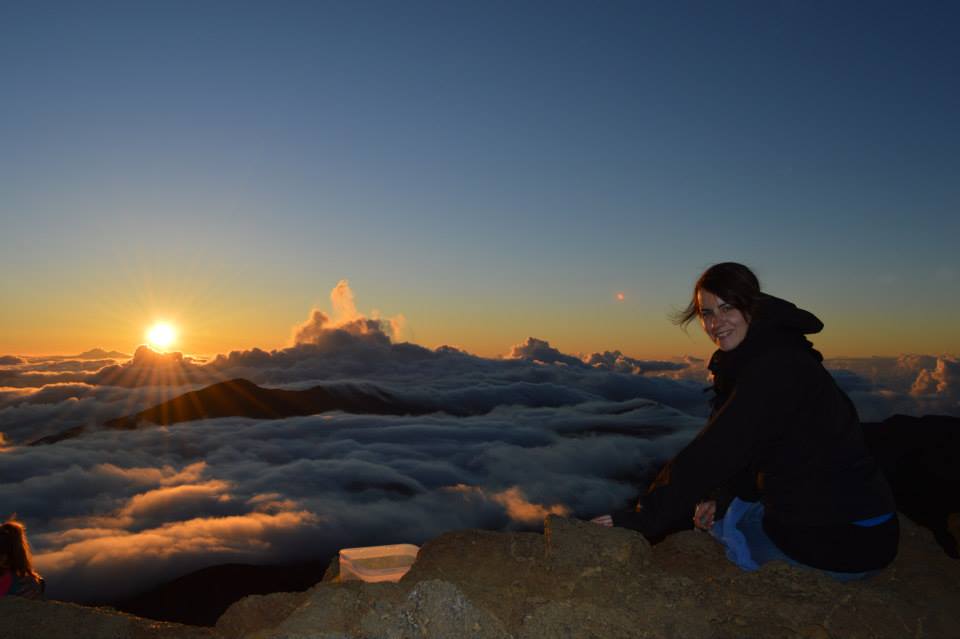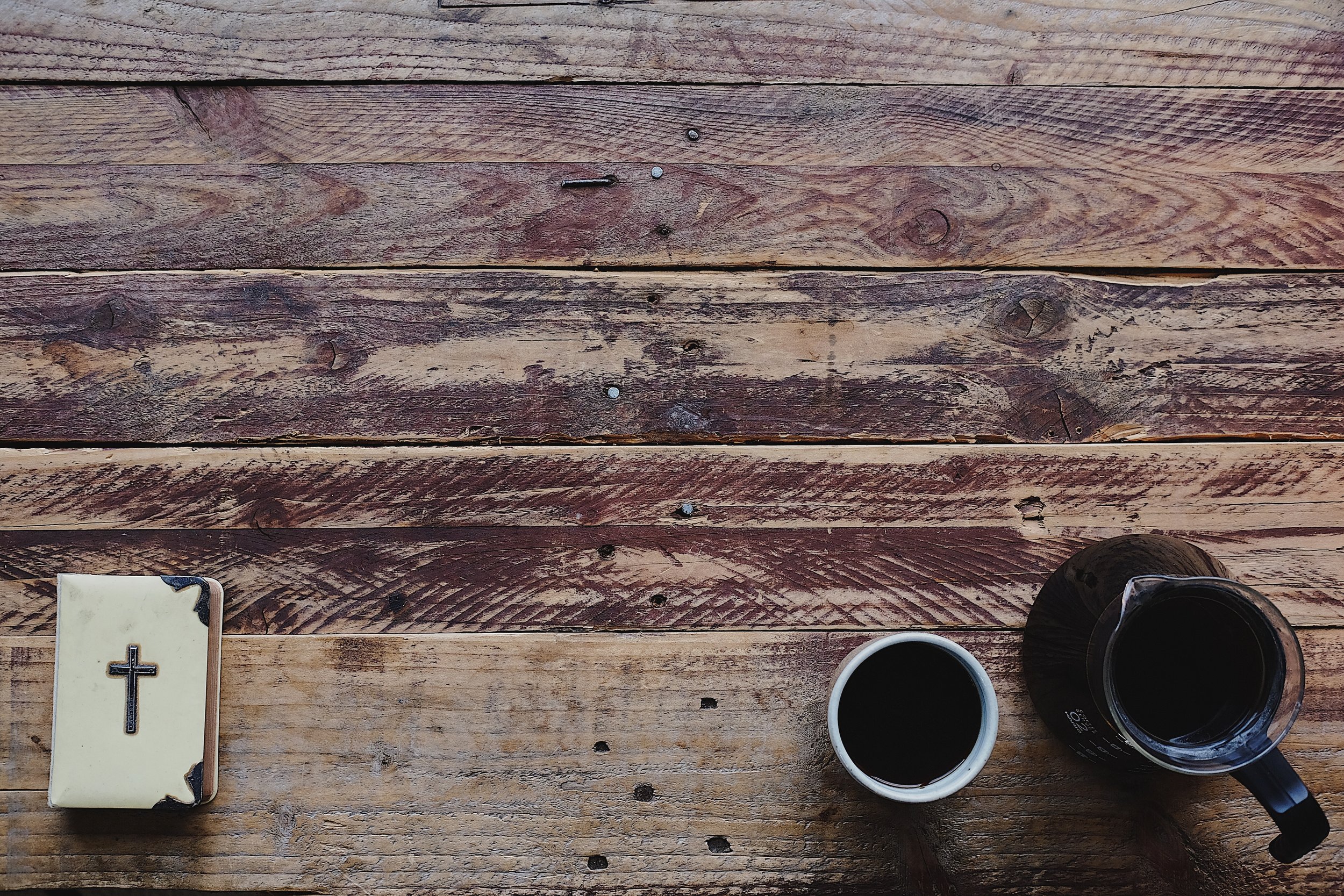Pandemic
Did that word, announced by the World Health Organization last week, flick all sorts of anxiety switches on throughout your body, as it did to mine?
I’m an impulsive researcher and fact-checker. I’m also active on social media. And I talk regularly with my brother, a doctor, who is full of the most up-to-date information on this COVID-19 coronavirus. So the past week has been filled with all of the ways humanity is suffering, or soon to be suffering.
All sorts of questions have been sprinting back and forth in my mind.
Am I at risk? How fast will this consume my city? What will it look like when it explodes here? What family members and friends of mine are at higher risk? What planned events do I now have to cancel? What does this mean for my job? Sweaty palms—is that a symptom of COVID-19? What if I get it and I’m stuck at home for 2 weeks? Do I have enough food? How will I exercise? How will I stay sane being indoors so long? Are there enough mechanical ventilators in Canada?!?
Maybe for you it's been “Will humanity rip itself apart in grocery stores?” “Will I pass COVID-19 along to a loved one?” “Who will pick up my groceries for me?”
As someone who has already struggled with chronic bouts of anxiety, I am not unfamiliar with these downward spirals of thinking. I’m well-acquainted with the symptoms that come along with stress. That tightened chest in heightened fear. The sweaty palms and fast heartbeat. That weird inability to focus on a conversation because I’m so focused on potential threats to my well being.
If you’re not used to this anxiety, and you're surprised by the intensity of it, I am so sorry you have to deal with it. It’s no fun.
If you’re someone who already has anxiety, and this made it so much worse—I empathize, and I’m so sorry you and I have to deal with this.
After clearing up all the necessaries, such as purchasing a reasonable amount of non-perishable foods and medications, finding out what my job looks like for the next while, and reorganizing my schedule to be more 'socially distanced’, the anxiety should go away...right?
Not so much for me, perhaps not so much for you.
What do we all do with this anxiety, since COVID-19 will be scary for a while longer?
I’ve started putting a few of my usual anxiety response measures in place. And I thought I’d share how I do that, in case it’s at all helpful to others.
Three main concepts underlie anything that’s been helpful to my anxiety:
The knowledge that anxiety is normal and I’m not weird for having it (especially right now!)
Anxiety is what keeps us alive. It’s a helpful response that will get me through a dangerous situation. I’m not weird for having it. I also don’t hate that it’s something my body does. Even if it’s sometimes annoying and exhausting.
In high school, I had a self-defence class which involved a pretend ‘attacker’ grabbing us from behind. I vividly remember this. As soon as those hands got around me, instant energy buzzed through my muscles. My hands flew together in front of me, swung up as high as they could go, and then sped backwards on an angle, sending my elbow slamming into his gut. I didn’t even notice that he had released me. All I remember is ending up at the other side of the room, breathing hard, turning around, and seeing the poor guy (in his head-to-toe padding) gasping on the ground. I’d completely winded him. I had no control over that moment--my body responded with it’s instinct to stay alive.
That’s a great system to have in place! In dangerous situations, this body knows what to do to keep me alive.
And, in situations like that, when safety was found, my body also knew how to rest, finding stability again.
Unfortunately, with the word pandemic flashing around the globe, there is actually no enemy for me to throttle, and no safe place to run to. And it hasn’t actually fully attacked us yet in Vancouver--we’re preparing for it before it’s even become common throughout the city. It’s still coming.
So my body is responding in what seems like strange ways.
Indigestion, nausea, and heartburn. The strange inability to remember things, process nuanced information, or focus on a task.
These symptoms make sense in light of survival efforts.
Stomach problems? That’s my body telling me that there’s something super dangerous going on, and I need to focus on surviving until the danger is gone, instead of properly digesting food. Changes in my thinking brain? Well, sure, because if there’s a threat, the only thing that matters is information on basic survival. Fight. Get safe. Not that story your friend is telling you, or the long term goals you have.
When I remember this, it's a bit easier to have compassion, understanding, and letting go of judgement for my body. And then I can find new ways to deal with it.
2. The need to try new things to help with anxiety. Going with what works for me.
I’ve tried a fair amount of things to bring calm to my anxious body. Some things haven’t worked at all.
For example, Yoga has yet to help me. And two varieties of antidepressants simply gave me headaches.
That said, sometimes things I’ve tried before did nothing at the outset, but trying them again a few years later, they've miraculously been the thing that pulls me out of a bad bout of anxiety.
One great example of this: Mindfulness practice.
I studied social work from University of Victoria, and they love mindfulness meditations there. At the time of my study, I did not. I was a heavy scoffer against this practice. I thought it was weird, silly, and felt similar to someone saying “take this herb, and your cancer will be fixed”. How could listening to your breathing help clinically diagnosable anxiety and depression?
Years later, a psychologist showed me the scientific background for why mindfulness meditation is helpful. I needed something for my anxiety-induced, ongoing insomnia. Despite her evidence for the efficacy of this practice, I actually only tried it because of a felt moral duty. I was working with women in addiction at that time, asking them to try new things they might distrust, in order to overcome their trauma and substance abuse. How could I ask them to try things they were hesitant towards, and not do so myself?
In a lovely turn of events, mindfulness meditation was what lifted me out of a seemingly insurmountable problem. I found relief from years of insomnia, and found calm in many more parts of my life. Yay! Glad.
So here today, amidst the COVID-19 anxiety, does mindfulness practice work? Sadly no. Not right at this moment. But it might again tomorrow!
When one thing doesn’t work, I try others to see if they’ll help. Journalling? Not helpful right now. Finding things to be grateful for? Didn’t do much. Sleeping a lot? Nope. Watching funny TV? A fun experience, but still too much anxiety. Eating healthy? Always important for the body, but not helping the anxiety. Baking? Cooking? Talking with family? Texting a friend? Gardening? Reading? Nope.
But then! I went out for a walk, listened to a podcast, sat in the sunshine, and cleaned our patio. And found some calm! NICE. Something always works out.
This season, I think each day, I have to root through my toolkit of practices to see which one might help.
If I feel like I’m missing a tool, that’s precisely why I follow mental health professionals on Instagram, and I have a counsellor! (Tip: My counsellor is amazing, and you can follow her for many great tips and tricks for finding peace in this turbulent time: @HillaryLiannaMcbride)
But of course, remember that what works for me, might not work for you, and that's okay. Keep trying things. And symptoms change, so if your anxiety shows up in new ways, that’s normal.
3. Knowing that the anxiety will eventually calm, change, or become more manageable.
Sometimes, due to the ‘tunnel-vision’ symptoms of anxiety, I can lose hope that this feeling I have right now will ever go away or improve. Anxiety is so focused on the here and now, in order to survive, that it can't see beyond, into the future.
But it will change, it will become more manageable. If I keep trying new things. Or retrying things i’ve tried before.
One tunnel-vision thought I’ve had that's been stressful is: “Oh no. What if I’m stuck inside for a quarantine, and I get depressed, like before when I had a chronic illness, and I feel so isolated again?”. This type of tunnel-thinking misses Part 2 of all of my life ups and downs. In regards to this particular thought, I can remember that, when I was stuck indoors for so long, eventually I found ways to combat isolation. Chatting with friends through social media, blogging, calling loved ones on the phone more often, and I discovering a love of cooking I’d previously not had.
Our brains are far more creative and capable than we give them credit for.
Also, quarantine will not be forever. This virus too shall pass. Perhaps with difficulty, but it will be different in a while, and we'll move forward again.
After we get through this, there will surely be studies about everything going on right now. About human survival instincts, about how social media has changed the results of this pandemic, about the efficiency of certain emergency responses systems, comparing one country’s response to another.
I'm very grateful to see everyone sharing helpful tools, tips, and advice across the social media spheres.
We'll get through this. Thanks to all of you, and all of humanity being good to one another.
Also, I love that everyone is saying this, it feels like solidarity that we all have the same goal. And that even the most non-involved people seem to be on board:
#FlattenTheCurve
Some random helpful tools for anxiety:
Mindfulness Apps like HeadSpace
Counselling resources like BetterHelp
Solidarity with others who face anxiety at Libero Magazine or The Mighty
More information on at Anxiety Canada
Follow Instagram stories on your favourite mental health advocate, or the already referenced Hillary McBride
(p.s. Podcasts are what got me through 2 years of isolated feelings when a chronic illness kept me mostly at home. I felt a connection to the outside world through them. Suggestions: Stuff You Should Know, Revisionist History, The Bechdel Cast, and The Office Ladies are just a few that have been good fits for me)



















